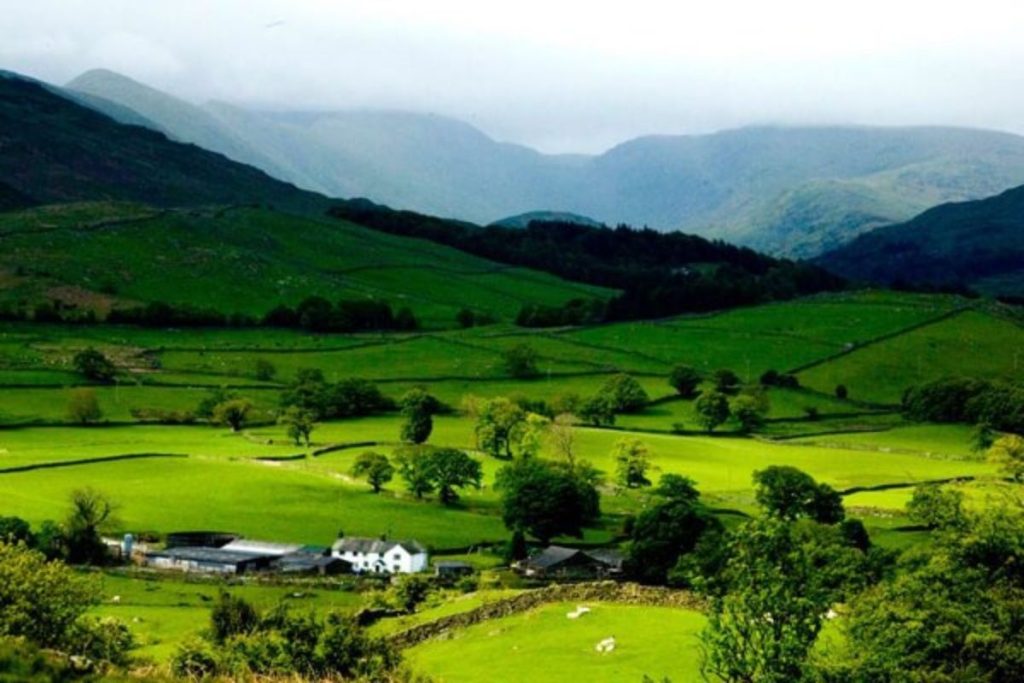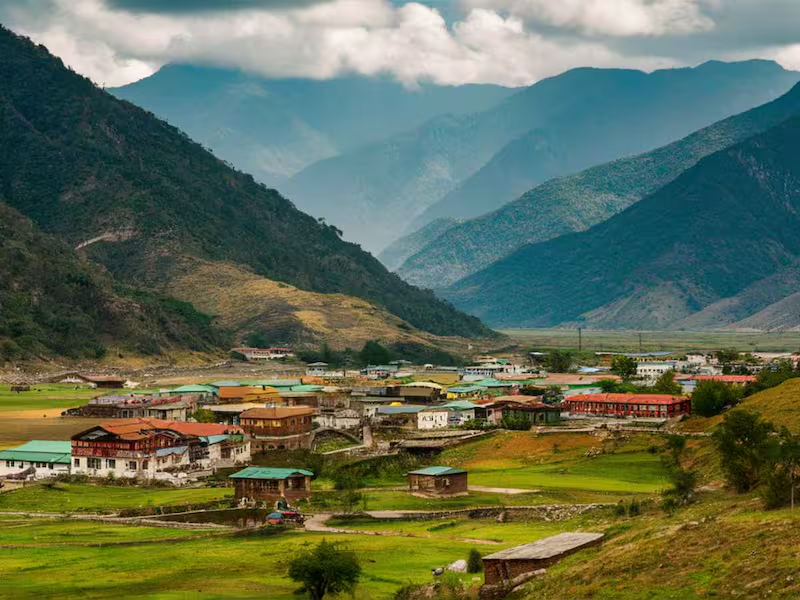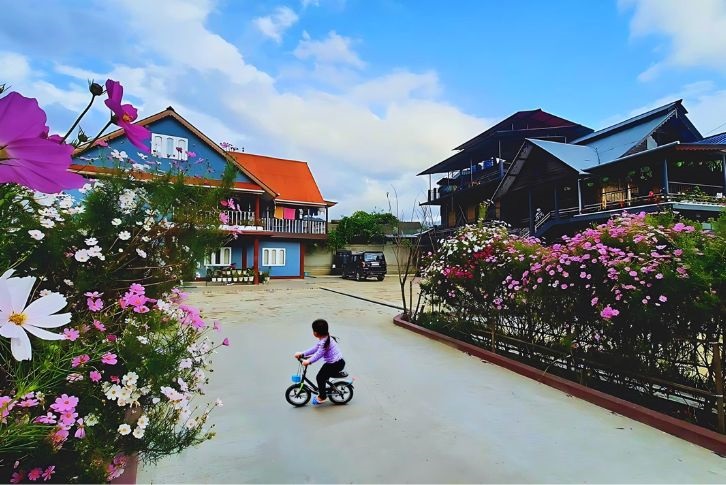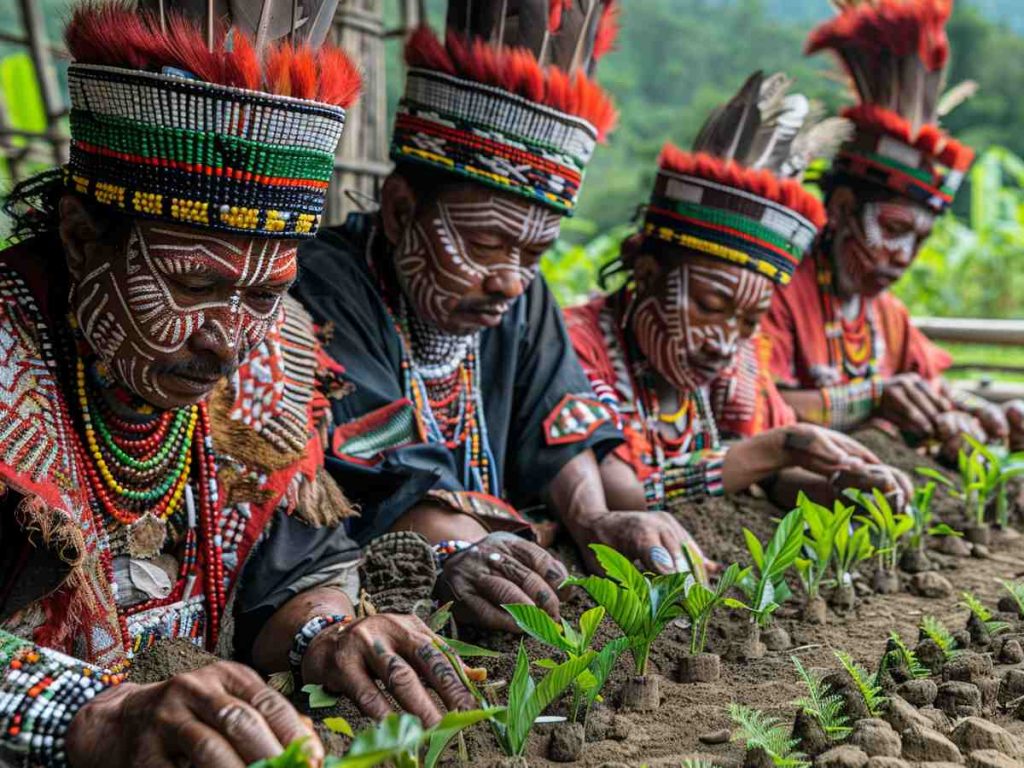Nestled in the lush hills of Arunachal Pradesh, Ziro Valley is more than just a scenic getaway—it’s a living testament to the vibrant Apatani culture. For travelers seeking an authentic experience, staying in Ziro Valley homestays offers a unique chance to immerse yourself in the traditional Apatani lifestyle. From sustainable farming practices to intricate bamboo craftsmanship, this guide will walk you through everything you need to know to plan a cultural escape that’s as enriching as it is unforgettable. Let’s dive into the heart of Ziro Valley and discover why a homestay is the perfect way to connect with the Apatani people.

Why Ziro Valley is a Cultural Gem
Ziro Valley, a UNESCO World Heritage tentative site, is a breathtaking plateau surrounded by pine-clad hills and paddy fields. But what truly sets it apart is the Apatani culture, a harmonious blend of tradition and sustainability practiced by the indigenous Apatani tribe. Known for their eco-friendly wet-rice farming, unique tattooing customs, and warm hospitality, the Apatanis offer a glimpse into a way of life that’s both ancient and forward-thinking.

Staying in a homestay lets you experience this rich heritage firsthand—far beyond what a typical tourist itinerary can offer. Ready to step into their world? Here’s how to make the most of your Ziro Valley homestay adventure.
The Magic of Apatani Culture: What to Expect

The Apatanis have thrived in Ziro Valley for centuries, cultivating a lifestyle that’s deeply tied to nature. A homestay experience brings you closer to their traditions, giving you a front-row seat to:
1. Sustainable Farming Practices
The Apatanis are pioneers of wet-rice cultivation, using an ingenious irrigation system that integrates fish farming. During your stay, you might join locals in the fields, learning how they nurture their crops without harming the environment.
2. Traditional Handicrafts
From bamboo baskets to cane furniture, the Apatanis are master artisans. Many homestays offer workshops where you can try your hand at weaving or crafting alongside skilled locals.
3. Unique Customs and Festivals
The traditional Apatani lifestyle shines during festivals like Dree (July), a harvest celebration with music, dance, and offerings. Time your visit right, and you’ll witness these vibrant traditions in action.
4. Culinary Delights
Savor authentic Apatani meals—think bamboo shoot stews, smoked meat, and rice beer (locally called apong). Homestays often include home-cooked meals, giving you a taste of their culinary heritage.
5. Tattoos and Nose Plugs (A Fading Tradition)
Historically, Apatani women wore facial tattoos and nose plugs as a mark of beauty and identity. While this practice is fading, you may meet elders who proudly carry this legacy—perfect for a storytelling session.
Why Choose a Ziro Valley Homestay?

Hotels can’t compare to the immersive experience of Ziro Valley homestays. Here’s why they’re the best way to connect with Apatani culture:
- Authenticity: Live with an Apatani family, share meals, and participate in daily routines.
- Sustainability: Homestays support local communities and promote eco-friendly tourism.
- Personalized Insights: Hosts often double as guides, sharing stories and traditions you won’t find in guidebooks.
- Affordability: Prices typically range from INR 1,000 to 2,500 per night, including meals—a budget-friendly way to travel deep.
Best Time to Visit Ziro Valley for a Homestay Experience
Timing your trip enhances your cultural immersion. Here’s a seasonal breakdown:
- Spring (March to May): Mild weather (15°C-25°C) and blooming landscapes make it ideal for exploring villages and fields.
- Monsoon (June to September): Lush greenery and the Dree Festival in July draw culture enthusiasts, though expect rain.
- Autumn (October to November): Crisp air, clear skies, and the Ziro Music Festival (usually September/October) add a modern twist to your trip.
- Winter (December to February): Chilly but serene, with fewer tourists—perfect for a quiet cultural retreat.
Pro Tip: October is a sweet spot for pleasant weather and fewer crowds, balancing nature and culture seamlessly.
Top Ziro Valley Homestays to Experience Apatani Culture
Here are five highly recommended homestays that bring the traditional Apatani lifestyle to life:
- Ngunu Ziro Homestay (Hapoli):
- Highlights: Cozy bamboo rooms, organic meals, and guided village walks.
- Price: INR 1,500/night (with meals).
- Kasha Homestay (Siiro Village):
- Highlights: Stunning paddy field views and hands-on farming experiences.
- Price: INR 1,200/night.
- Padi Yubbe Homestay (Old Ziro):
- Highlights: Traditional Apatani longhouse vibes and storytelling evenings.
- Price: INR 1,800/night.
- Ziro Putu Homestay (Bulla Village):
- Highlights: Hilltop location with panoramic views and craft workshops.
- Price: INR 2,000/night.
- Tage Homestay (Hari Village):
- Highlights: Warm hosts, authentic cuisine, and proximity to cultural sites.
- Price: INR 1,600/night.
Tip: Book in advance, especially during festival seasons, as homestays fill up quickly.
How to Plan Your Ziro Valley Homestay Adventure
Follow these actionable steps to ensure a smooth and enriching trip:
- Get Permits: Foreigners need an Inner Line Permit (ILP), while Indian nationals may need a Protected Area Permit (PAP) for Arunachal Pradesh. Apply online or through a local agent.
- Travel to Ziro: Fly to Guwahati or Tezpur, then hire a taxi or take a shared jeep to Ziro (7-8 hours). Alternatively, buses run from Itanagar.
- Pack Smart: Bring layers for variable weather, sturdy shoes for village walks, and a reusable water bottle to stay eco-conscious.
- Learn Basic Phrases: “Ngawu kwe” (hello) and “Ngawu pai” (thank you) in the Apatani language will earn you smiles.
- Respect Traditions: Ask permission before photographing people or entering sacred spaces like Myoko ritual sites.
A Day in the Life at a Ziro Valley Homestay
Imagine waking up to the sound of roosters in a bamboo-walled room. Your day might unfold like this:

- Morning: Sip tea while watching the sunrise over paddy fields, then join your host to tend crops or feed fish.
- Afternoon: Explore a nearby village, visit a local shaman, or try weaving a bamboo mat.
- Evening: Gather around a fire for a meal of rice, pork, and apong, as your host shares tales of Apatani folklore.
This isn’t just a trip—it’s a journey into the soul of Apatani culture.
FAQs About Ziro Valley and Apatani Culture
Q: What makes Ziro Valley special?
A: Its stunning landscapes and the unique, sustainable Apatani culture make it a cultural and natural treasure.
Q: Are Ziro Valley homestays suitable for families?
A: Yes! Many offer spacious rooms and kid-friendly activities like farm visits.
Q: How do I reach Ziro Valley?
A: Travel via Guwahati or Tezpur by road; it’s about 115 km from Itanagar.
Q: What’s the best festival to experience Apatani culture?
A: The Dree Festival in July is a vibrant showcase of traditions.
Step Into the World of the Apatanis
Ziro Valley isn’t just a destination—it’s an experience that lingers long after you leave. By choosing a homestay, you’ll dive deep into the traditional Apatani lifestyle, forging connections with a community that’s preserved its heritage against all odds. Whether it’s tasting homegrown rice, crafting with bamboo, or dancing at a festival, your time in Ziro Valley will redefine travel.
Ready to book your homestay? Drop your questions in the comments or start planning your cultural escape today. The Apatanis are waiting to welcome you!














What do you think?
Show comments / Leave a comment